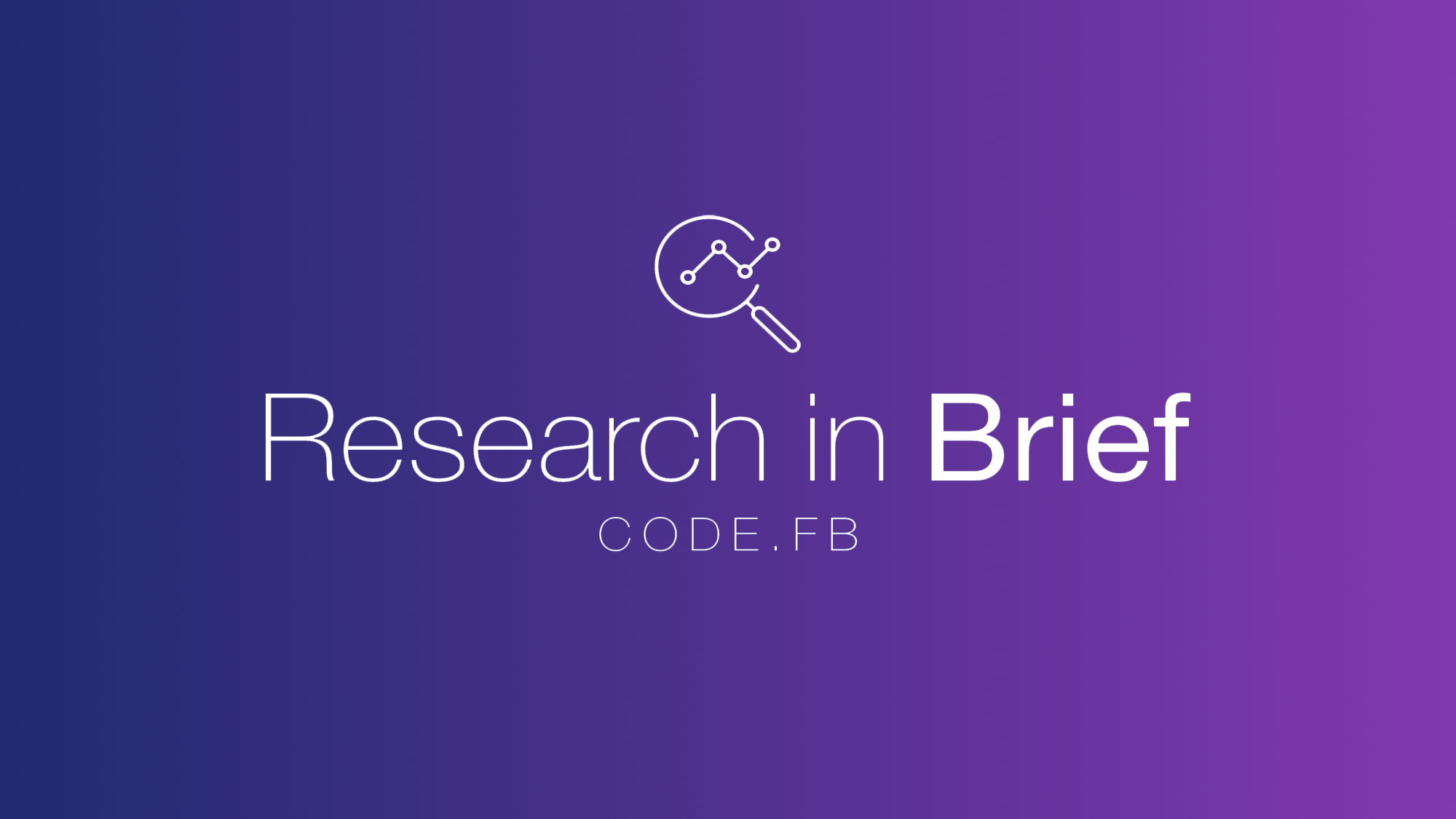
DeepMind and Google: the battle to control artificial intelligence
Table of Contents

One afternoon in August 2010, in a conference hall perched on the edge of San Francisco Bay, a 34-year-old Londoner called Demis Hassabis took to the stage. Walking to the podium with the deliberate gait of a man trying to control his nerves, he pursed his lips into a brief smile and began to speak: “So today I’m going to be talking about different approaches to building…” He stalled, as though just realising that he was stating his momentous ambition out loud.
And then he said it: “AGI”. AGI stands for artificial general intelligence, a hypothetical computer program that can perform intellectual tasks as well as, or better than, a human. AGI will be able to complete discrete tasks, such as recognising photos or translating languages, which are the single-minded focus of the multitude of artificial intelligences (AIs) that inhabit our phones and computers.
But it will also add, subtract, play chess and speak French. It will also understand physics papers, compose novels, devise investment strategies and make delightful conversation with strangers. It will monitor nuclear reactions, manage electricity grids and traffic flow, and effortlessly succeed at everything else.
AGI will make today’s most advanced AIs look like pocket calculators.
Source: 1843magazine.com


